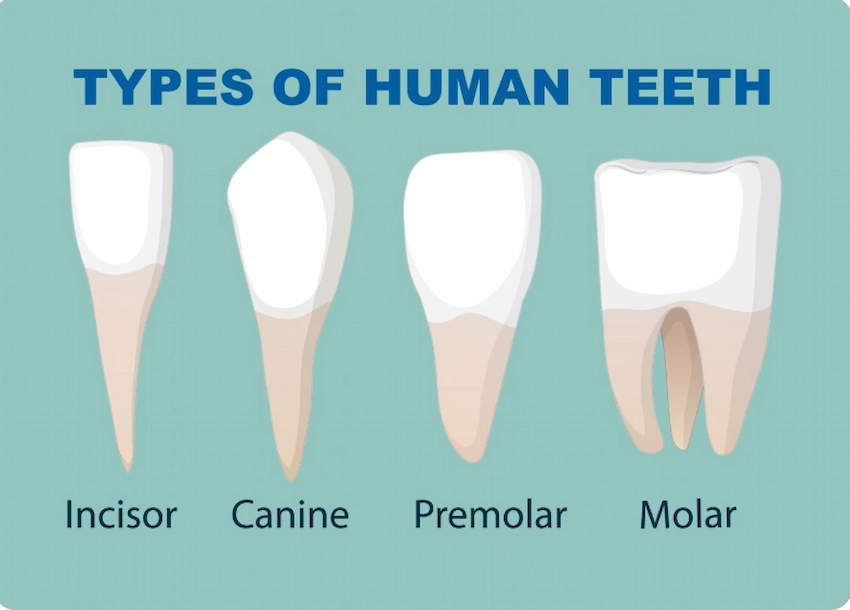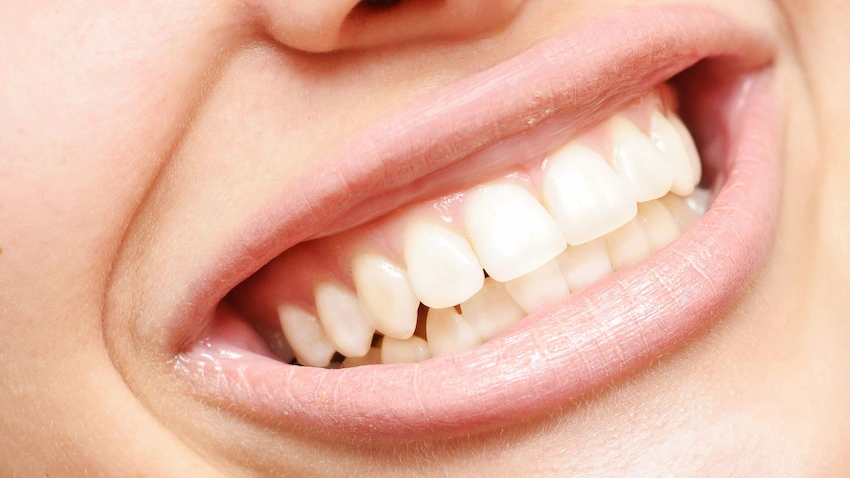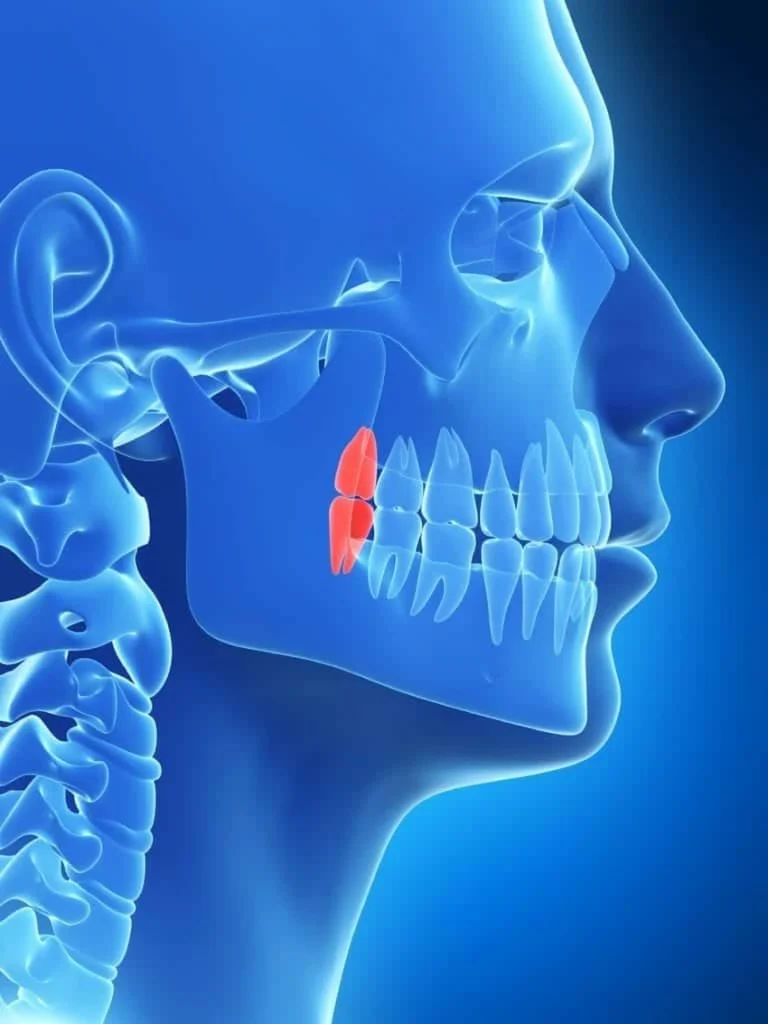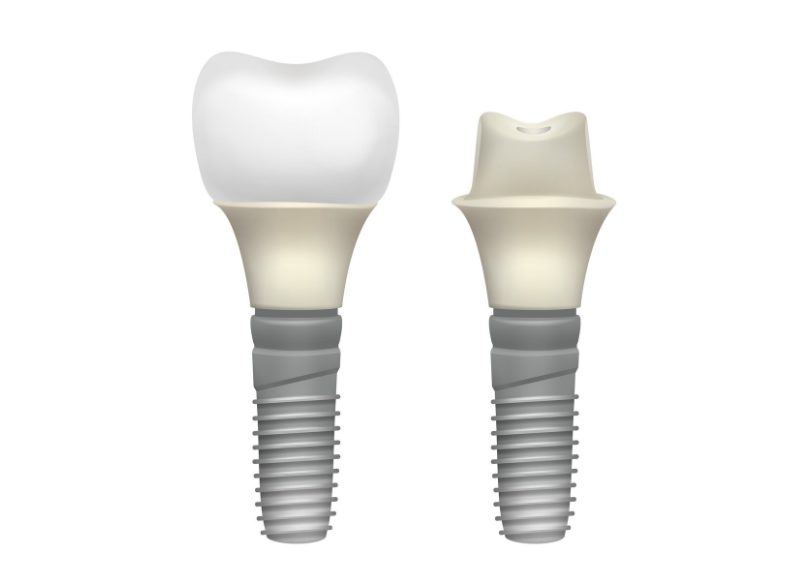🦷How Many Teeth Do Humans Have?
Most adults have 32 teeth, consisting of 8 incisors, 4 canines, 8 premolars, and 12 molars (4 of which are wisdom teeth). Clean and white teeth are very important for proper digestion! Were you ever concerned with the number of teeth that human beings can get?
At first glance, the question of the number of teeth humans have looks like a simple query, but the truth is that it opens a wide window of insights into our biology and our past evolution. Starting from the moment of opening our mouths as babies to the little, almost unnoticeable changes that are happening during the stages of our lives, actually, we actually hit upon the fact that our teeth are certainly the main characters in our good health, nutrition, and, of course, better communication. As we unravel the world of human dentition, you are invited to be our companion!
Total Number of Teeth in Adults
Generally, adults possess a total of 32 teeth. This consists of various types of teeth, every set of which has its own chewing and speaking functions. Mostly, as soon as a person comes of age, that is, by 21, he/she will have their full mouth of permanent teeth unless there is an acute condition. The full set comprises the incisors, canines, premolars, and molars, each of which has functional roles in the mouth.
Types of Teeth in the Human Mouth
Human beings have four main types of teeth. The distribution of work among the teeth types is easily perceived, thus we can better understand in what ways they create our everyday life. We are talking about the following:
Incisors: These are located in the front and are usually eight in number (four on the upper jaw and four on the lower jaw). They are quite sharp and are used for the purpose of cutting.
Canines: Situated between the incisors, there are in total four canines (two on the left side and two on the right side). The feature of having sharp ends makes them ideal for tearing, rendering them indispensable in the process of nutrition.

Deciduous Teeth in Children
Children’s deciduous teeth, also called baby teeth or primary teeth, are very important for the growth and development of the child. They usually begin to erupt at around the age of 6 months, and the process continues until the child is about 3 years old. The child, on average, has a total of 20 sets of primary teeth that are involved in their feeding, not only speaking, but also guiding the other teeth that will come later in their life.
| AGE | TEETH ERUPTION |
| 6-12 months | Incisors |
| 13-19 months | Canines |
| 16-23 months | Molars |
| 2-3 years | All 20 teeth present |
The baby teeth, in general, become loose the children are around the age of 6 years, losing their place for permanent teeth. Oral hygiene as well as oral health are to be maintained and watched over during this period to ensure that permanent teeth are healthy.
Permanent Teeth Eruption Process
The job of a child’s permanent teeth is not only to replace the deciduous teeth, but also to be involved in chewing and biting. It is usually seen that the first permanent teeth start to come out of the gums when a child is about 6 years of age. The adult human being typically possesses 32 teeth, and these include the molars, some of which also come out later in life. How permanent teeth erupt can vary widely from one person to the next.

| AGE | PERMANENT TEETH ERUPTİON |
| 6-7 years | First Molars, Incisors |
| 7-8 years | Additional Incisors |
| 9-11 years | Canines, Premolars |
| 11-14 years | Second Molars |
| 17-21 years | Wisdom Teeth |
While keeping an eye on the course of their eruption, one can detect the occurrence of any dental irregularities. In addition, regular visits to the dentist can aid the eruption of permanent teeth properly and healthily.
Wisdom Teeth: When Do They Start Appearing?
Wisdom teeth, which are also known as third molars, generally start erupting at ages between 17 and 25. Many people are caught by surprise to find that wisdom teeth emerge so late, as they do not know what to expect during this period. Some people develop wisdom teeth without any problems, and they do not require extraction.

But for others, who may face problems like overcrowding or get one or the other tooth stuck, these issues can lead to a great deal of pain. In addition, if wisdom teeth do not come out easily, other complications may arise. Therefore, it is wise to consult with a dentist regularly at this time, who will be able to track their growth and manage any arising issues immediately.
Common Dental Problems that Affect the Teeth
Many dental issues that are related to the teeth can cause problems that both affect the oral health of a person negatively and also his/her overall health. There are some common problems as follows:
- Cavities: The accumulation of bacteria can occur due to poor dental hygiene for a long time, which results in the formation of cavities and thereby the occurrence of the problem of sensitive teeth.
- Gingivitis: In the event of the non-elimination of the buildup of plaque around the teeth, the gums start getting the inflammation, and the final result of this condition is considered to be tooth loss.
- Sensitive Teeth: The common symptoms of sensitivity that people can experience are hot and cold sensations or sweet food that triggers the pain, which is generally connected with severe erosion of the enamel caused by the rubbing of the teeth or recession of the gums.
- Tooth Surface Loss: When the exposure of the tooth to acids from food and drink causes the enamel to be dissolved gradually, it can lead to the beginning of sensitivity and decay development. This also makes the tooth increase in size, and the tooth’s reproductive aspect becomes apparent, thereby causing tooth decay.
- Misaligned Teeth: Biting and chewing food would become more difficult with crowded teeth, leading to digestion issues, and such teeth up to a certain percentage come up with the wrong alignment and hinder the person from having a perfect smile.
If these issues are dealt with initially through appropriate dental care given proper guidance by a dentist, they do not grow into larger problems, and the chances are high that the oral health will be intact and free of problems for a long time.
FAQ: How Many Teeth Do Humans Have?
Most people have 32 teeth as adults, 8 of which are incisors, 4 canines, 8 premolars, and 12 molars (these include 4 wisdom teeth).
The majority of children usually have 20 primary or baby teeth, that is 10 incisors, 4 canines, and 6 molars, with the absence of wisdom teeth.
It is common for people to lose their baby teeth at the age of 6 and this will be a continual process to complete until around 12 years of age.
So, adults have more teeth than children due to the fact that they have all of their permanent teeth, and these teeth replace the primary ones as they grow.
Wisdom teeth are also called the third molars. They are the last set of molars, that is, those that appear around this age (fifteen – seventeen years old) or the early adulthood age. Most individuals have four wisdom teeth; however, there are some who might have fewer or none at all.




